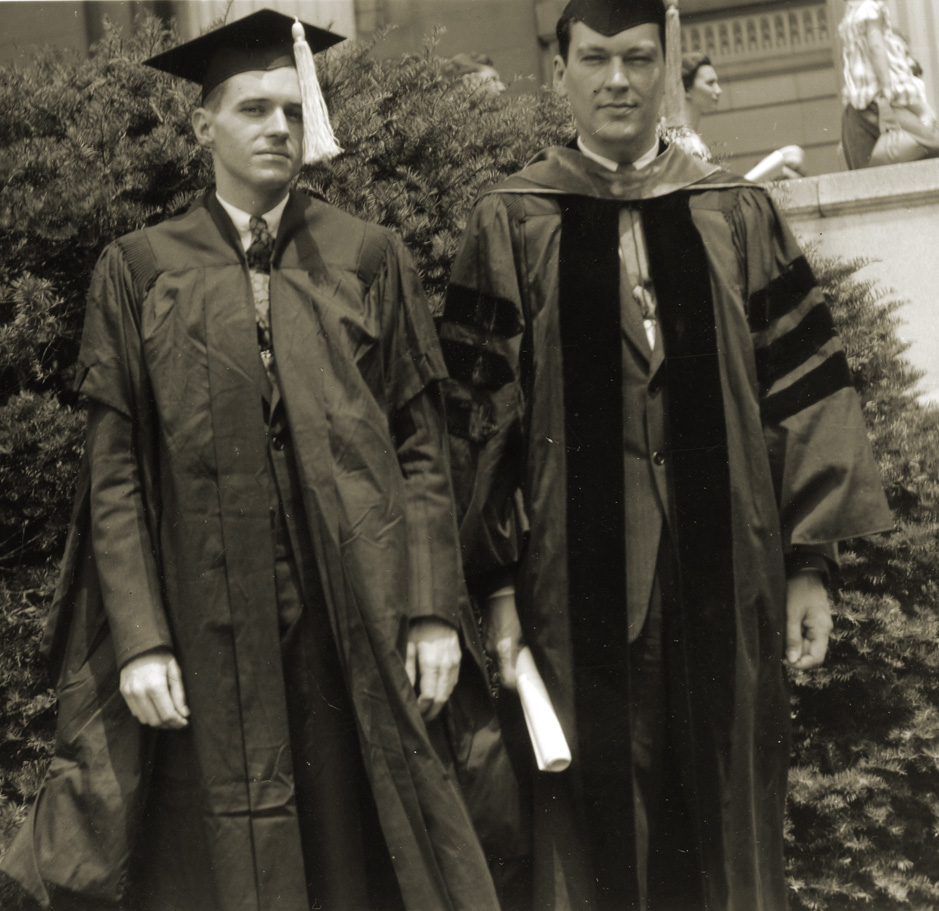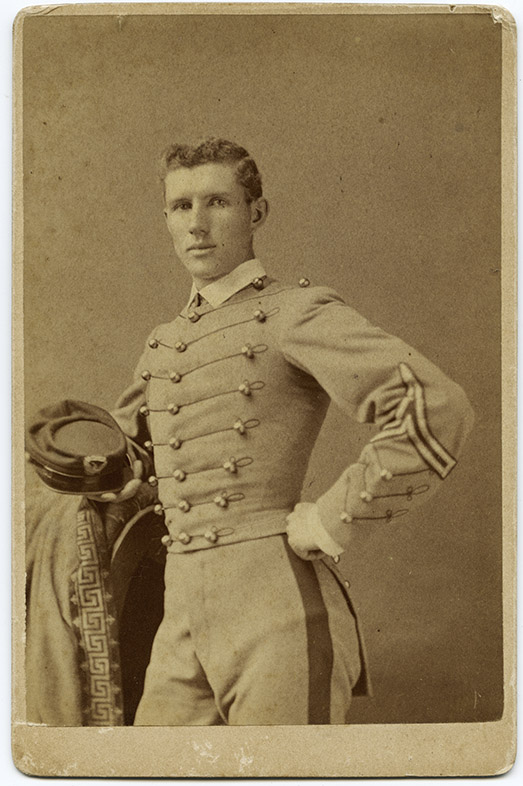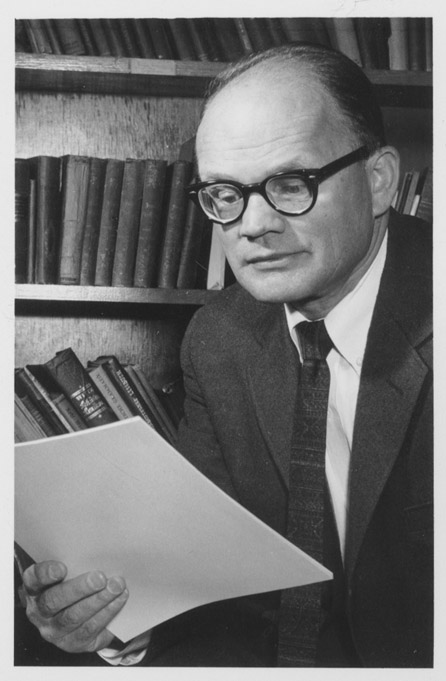Shiladitya DasSarma Papers
ca. 1932-2022 Bulk: 1974-2000
10 boxes 6 linear feet
Call no.: FS 209
The microbiologist and genomics researcher Shiladitya DasSarma, a UMass Amherst faculty member from 1986 to 2001, was born in Kolkata, India, in 1957. His father was a chemistry professor and his mother a high school English teacher; the family immigrated to the United States in 1966, shortly after the passage of the Hart-Celler Act of 1965, which opened U.S. immigration to Asians. His father joined the faculty of West Virginia State College, and young DasSarma attended public school nearby, graduating first in his high school class. His first scientific publications were with his father, in coordination chemistry, when he was a teenager. At Indiana University, DasSarma majored in chemistry, did research in DNA mapping and transposition, and graduated with honors in December 1978. In the biochemistry program at MIT, he worked as a National Science Foundation fellow under Nobel laureate HG Khorana and earned his PhD in 1984. After postdoctoral work at Harvard Medical School, DasSarma joined the department of microbiology at UMass Amherst. His research focused on the molecular biology and genetics of halophilic Archaea, building on pioneering work he had started as a graduate student. In his fifteen years at the university, DasSarma was busy with teaching, mentoring, research grants, publications, patents, launching the company HaloGenetics, and was promoted to full Professor. He made news with his group’s work on the genome sequencing of the first halophilic Archaea and one of the first microbial genomes, in 2000. In 2001, DasSarma moved his research lab to the University of Maryland.
The Shiladitya DasSarma Papers document the life of a pioneering scientist from his childhood in India and West Virginia through his education and his UMass Amherst career. Consisting of correspondence, memorabilia, photographs, photograph albums, family scrapbooks, news clippings, publications, and material related to research and teaching, the papers also include materials from and about DasSarma’s parents and family history and DasSarma’s mother’s compilation of Indian folktales and stories.
Gift of Shiladitya DasSarma, May 2022
Subjects
Families--IndiaImmigrantsMicrobial genomicsMolecular biologistsScientistsUniversity of Massachusetts Amherst--FacultyTypes of material
ArticlesPhotograph albumsPhotographsResearch (documents)Scrapbooks




